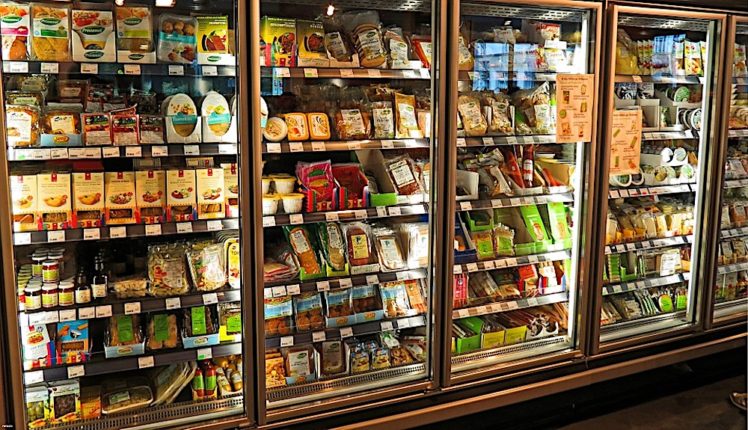
What if the European Commission, besides regularizing a good part of your life, also told you what you should buy and what not, what to enjoy and what you have to avoid. Can you do it? Because we can’t: just the thought of that is rather distressing. Anyway, often reality overcomes imagination.
This is what just happened with the European Commissioner for Justice, Consumer Protection and Gender Equality Vĕra Jourová. Ms Jourová would like to provide guide lines to Member States and their citizens on how to deal with food companies that would adopt a “double standard” in the labeling of the their products.
In other terms, if you buy some chips in Italy, France or Spain they might taste differently than they do in other countries like Czech Republic, Hungary, Slovakia, but also Germany, Belgium or the Netherlands. According to the Commission, this would be due to industry inadequacy in some countries, especially in Eastern Europe, often penalized with worse quality ingredients or flavor than the original version.
Really? Unbelievable. Food formulation has always been different from country to country (have you ever noticed how many types of branded and ready-made lasagna are out there? Have you ever checked the ingredients in it?). This is how the free market works. Food producers will always try to meet consumers’ tastes. And it doesn’t happen randomly, this process is based on empirical studies and researches according to peoples’s behaviors.
The attitude of the European Commission seems rather unjustified. It aims to interfere between producers and consumers, imposing as unconditional truth what a single person should like or dislike. This is bureaucratic madness.
If there is a “dual standard” in food, it just follows a consumer’s predisposition to a flavor and to a product. The demand creates the offer. Or maybe the entrepreneurs are so self-defeating to produce something people hate and would never buy. We don’t believe this is the right way to build a Community Market that respects the differences and aimed at complementing the needs of 28 countries with a deeply rooted and varied history, culture and traditions.
It looks like a specious move that we hope won’t have a follow.
